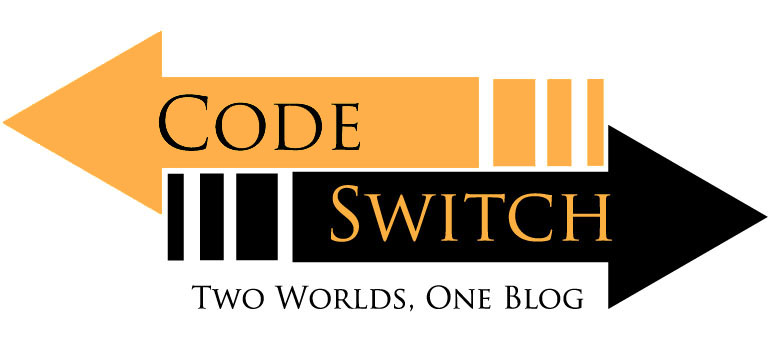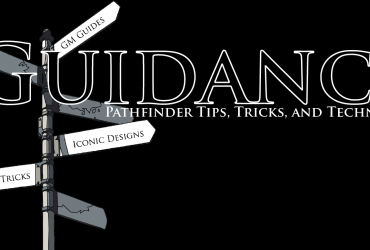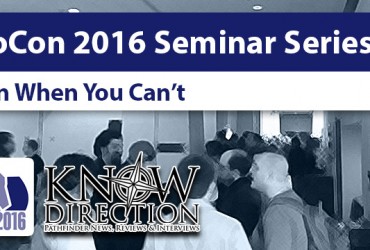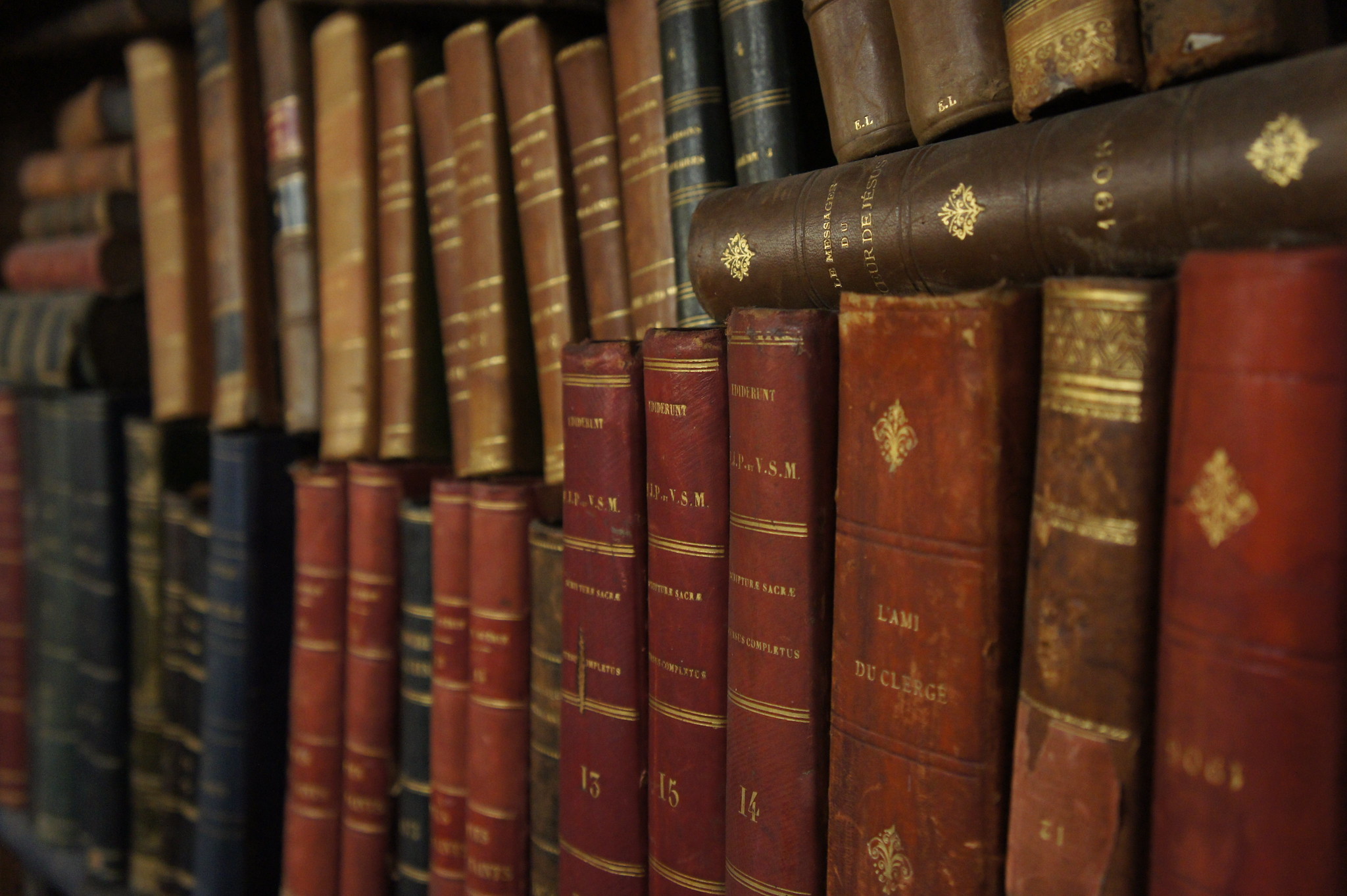I’ll be the first to admit, when I started playing Pathfinder I was firmly in the anti-technology camp of tabletop gaming. I thought it was so excessive to see people with character sheets on tablets and laptops, their noses buried in a screen, distracted from the action at the table. I thought I was so much cooler than them because I did it old-school, classic style, in the ways of the ye’ olde’ 1970’s when gaming tables shared space amongst all the disco balls, shag carpets, and Tang.
I was dumb. The more I got into Pathfinder and tabletop RPG hobby, the more I realized the necessity of technology at the table. No longer is the game confined to households or single game stores as it was so long ago. Tabletop gaming is a much bigger phenomenon than it was back then and one that today travels well. I personally spend about 11 days a month playing Pathfinder in Society or home environments. I have 17 Pathfinder Society characters, 3 home game characters, 3 home game back-up characters, and in addition I write a campaign for another RPG AND I’m running Skulls and Shackles. My frail nerd body can only carry so many books before collapsing under the weight of all those tree corpses.
Technology alleviates the need to own all those books in a physical medium. Buying books isn’t bad, it’s just inconvenient when you have to travel often to use those books. There’s an often forgotten rule in Pathfinder Society Play which says you need to be able to present the sourcebook for everything your character has, in case the GM needs clarification on that ability/item/skill. In talking to people, the general interpretation for that rule is to prove that you “bought” the ability by purchasing its sourcebook. I originally shared the same interpretation and felt it good enough to show any auditing GM my Paizo purchase history as a way of fulfilling that rule. My local Venture Captain set me straight however. In talking with him he explained it less in the way profit and more in the ways of context.
PRD’s have abilities, mechanics and items, but they don’t always have a page number to check your inquiry against the Society Legal Additional Resources page. Additionally, as part of OGL some PRDs are unable to list places or gods from the Golarion setting. Finally, some PRD’s neglect to state the importance of limitations, If I had a copper for every PC out of options who tried to cast Mudball at a Society table, I wouldn’t need to have a day job. This makes PRD’s an incomplete reference and that is why Pathfinder Society Organized Play has that sourcebook rule.
Boy, am I glad for PDF’s and my tablet. The dozens of sourcebooks I have are in an easy to carry slate, keeping me audit legal and not breaking my back. My body notwithstanding, technology has a number of benefits at the table. Quickly searchable PRD’s are a great resource for building characters, or looking up exactly how a spell or ability works on the fly. Aqueous Orb, I’m looking at you. This helps speed up play as you don’t have to thumb through books to find the page or waste time looking through wrong books. I’m all for increasing speed of play, especially in Organized Play.

Where the old fall the new generation tries to find the rule that says you can have 3 items in the same slot
Another advantage is one that I think is stealthy good, a dark horse advantage. Technology allows you to allocate information silently. As the GM, this allows you to give a player information and ONLY that player via text message. If you’re playing a game where PC’s keep secrets it helps keep the sense of suspense intact. No longer are you doomed to walk that person to another room, tell the other players to cover their ears, or just announce something while reminding the table only the intended recipient knows this information. You can expand this by grouping text messages so multiple parts of a table can receive them, or you can fake them out by pretending to send messages. This is a two way street too, for example a PC hiding that they are a Kitsune. Via text the Kitsune player can tell the GM his daily disguise roll silently, or send reminders to the GM that those human bane arrows aren’t effective.
Technology does have some downsides however. I’ve had personal experiences of people being unable to manage their characters without things like PCgen or Herolab. They hit a new level, and in the time between slots they are panicking trying to update their character. I’m also not a fan of spellcasters ignoring the game to read their spell-list trying to find the perfect spell. I have spellcasting characters, I know those spell lists are LONG. Sometimes it’s unavoidable. No one has all the spells memorized down to the letter. Quick! What’s a damage dealing spell that ignores SR that doesn’t have the Cold or Evil descriptor AND doesn’t rely on fortitude save? It’s not so easy. However, time spent looking up spells is time spent not playing, which impacts everyone’s enjoyment at the table.
Audio or visual additions to the game make me nervous. I’ve had music used effectively in games, and I’ve had it just be additional noise that players have to compete with. To compound the issues with audio level mixing; the music must be setting appropriate, not just cool and the set-up needs to be flawless. Even the most charismatic GM can be derailed by touching up wires, adjusting volumes, looking for and changing tracks, or by the unrealistic expectation of the music to carry the scenes emotional weight. Music should be used sparingly to elevate scenes of critical importance. Having a track for every town, field, hamlet, and desert just gets in the way of immersion. Tabletop RPG’s aren’t video games, you’re meant to talk around them. Tabletop RPG’s are not the club; they’re not the place to practice being a DJ.
In spite of some of these disadvantages, technology has blended well with tabletop RPG’s. Technologies’ ability to condense tomes of literature, combined with its utility as a high speed reference and its wide availability make technology at the tabletop a staple going forward. Tell me your stories about technology succeeding triumphantly or crashing and burning like a dumpster fire dropped from orbit, I’m eager to hear them.










